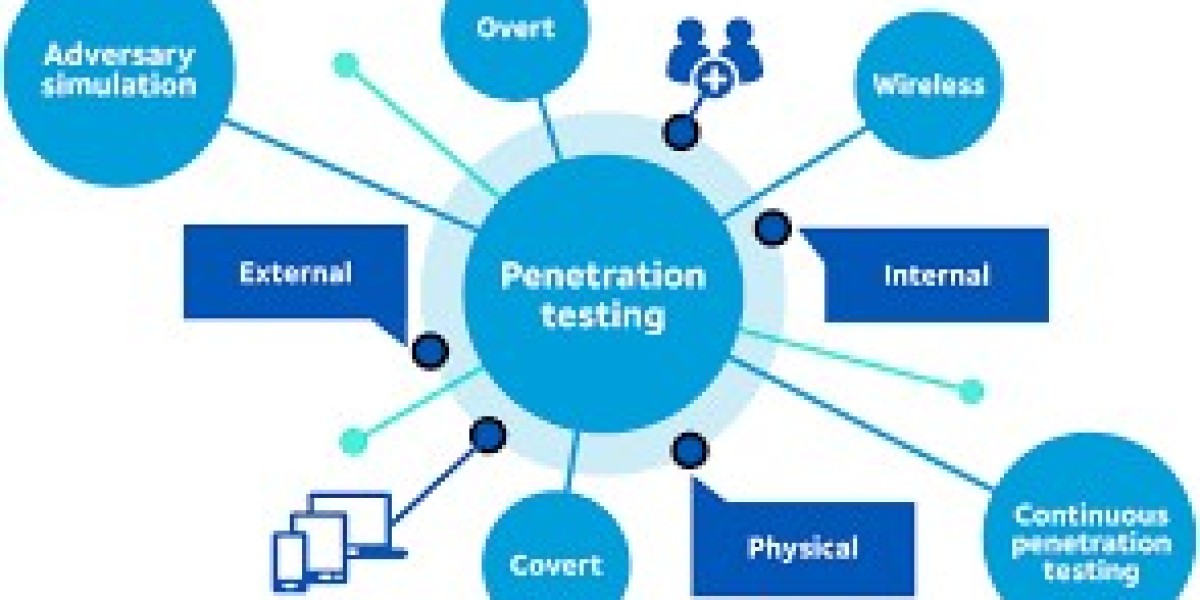Every business relies on wireless networks—but most teams don’t realize how vulnerable they are. Wireless penetration testing services from Xperts Unlimited help uncover these hidden risks. This article explains what those risks are, why testing matters, and what you can expect.
What Is Wireless Penetration Testing?
Wireless penetration testing simulates attacks on your Wi‑Fi and wireless devices to identify and fix weaknesses before attackers exploit them. It’s not a vulnerability scan, but a hands‑on attempt to breach your network under controlled conditions.
Why Wireless Networks Are Often Overlooked
Many companies focus on firewalls, antivirus, and user endpoints—but wireless networks can be easy entry points:
Default router passwords or outdated firmware
Guest Wi‑Fi that connects to internal resources
Misconfigured access points or weak encryption
Rogue devices or unauthorized hotspots
Real‑world example: A small startup had separate staff and guest networks, but both were on the same VLAN. Testing revealed a guest connection could access sensitive servers. Wireless pen testing helped them enforce network segmentation before damage occurred.
Risks You Might Not See
Eavesdropping and data interception
Without strong encryption, attackers can sniff packets from nearby cars or offices.Rogue access points
Employees can unknowingly plug in unauthorized routers that mimic your Wi‑Fi name.Device spoofing
Attackers can impersonate corporate devices and gain access.Weak authentication
Passwords or WPA configurations often follow familiar patterns.
How Wireless Pen Testing Helps
Xperts Unlimited wireless penetration testing services include:
| Phase | What Happens |
|---|---|
| Reconnaissance | Survey Wi‑Fi signals and detect known and rogue access points |
| Exploitation | Attempt handshakes, cracks, and unauthorized access |
| Privilege escalation | Try to move from guest to corporate segments |
| Reporting | Deliver clear findings, risk levels, and fixes |
After testing, Xperts Unlimited provides a plain‑language report and remediation plan. It highlights risks in terms you can prioritize.
Real‑World Impact
One remote consultancy found an employee had set up a travel router to bypass hotel Wi‑Fi restrictions. The router was open, exposing its VPN connection. With wireless testing, they identified the issue and trained the team on safe offsite wireless setup.
Another example: A growing startup had multiple meeting room access points installed over time. Some used old firmware, and one was reverted to an open setup. Testing revealed access via Bluetooth and old WPS protocols. After remediation, their internal wireless access improved safely.
Why Now Is the Right Time
Remote and hybrid work means employees connect on unfamiliar networks.
Team members use laptops, handheld scanners, tablets—all with Wi‑Fi radios.
Conference rooms, shared offices, satellite locations expand access points.
Neglecting wireless security leaves you exposed to breaches that bypass your perimeter defenses.
Tips for Effective Wireless Security
Change default credentials before installing new access points.
Use modern encryption like WPA3 whenever possible.
Periodically audit guest Wi‑Fi, and isolate it from corporate networks.
Train remote team members not to plug unknown devices into your network.
Schedule wireless penetration testing at least once a year, or after major changes.
Conclusion
Wireless penetration testing services uncover vulnerabilities that most teams don’t even know exist. Xperts Unlimited brings clarity and actionable guidance—helping remote workforces and offices stay secure in a changing environment. Investing in this testing now can prevent real data loss, privacy breaches, or downtime.
If you want to protect your team and business, wireless penetration testing services from Xperts Unlimited ensure that your wireless network is no longer an unseen threat—it’s a managed asset. For more details, visit our Wireless Security page at Xperts Unlimited Wireless Testing and for additional context on wireless pen testing standards, see OWASP Wireless Security Testing Guide.






